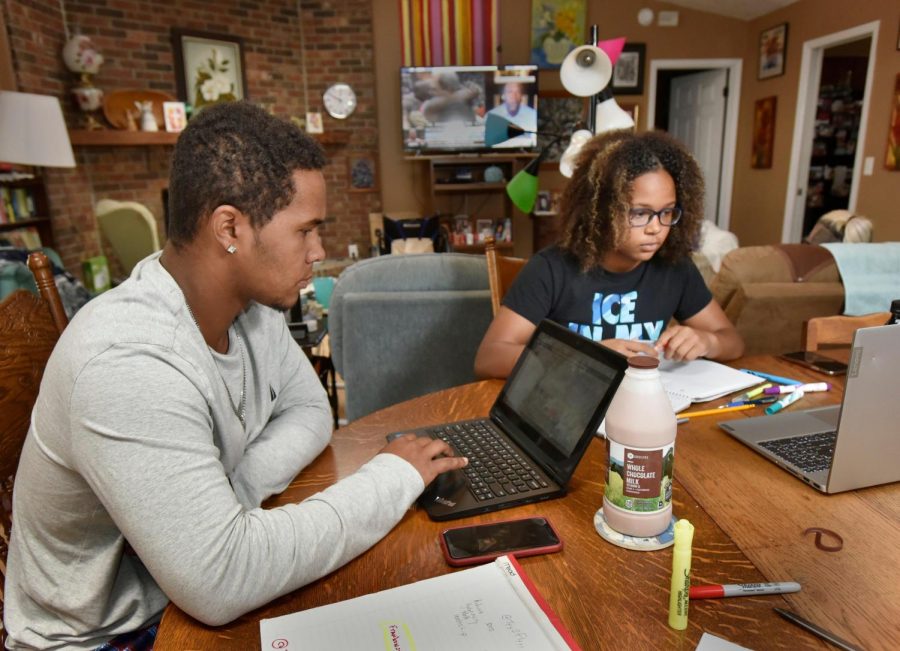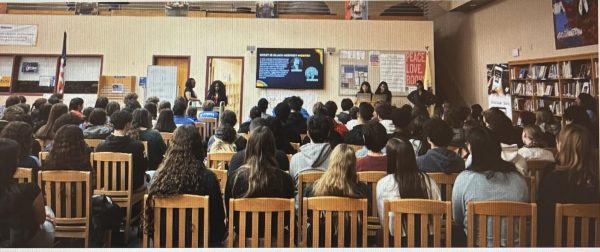Plague of Missing Assignments During COVID-19 “Plague”
Starting March 13, the last day of classes before Warren Hills schools closed due to the outbreak of the COVID-19 virus, schoolwork and classes were conducted online, where a very different outbreak took place: missing student assignments.
All public schools in the state of New Jersey were closed by March 16. During the first week of the Warren Hills Regional High School closure, Hills students recorded a total of 5,262 missing school assignments.
Thus, with a school population of about 1,250 students, each Hills student, on average, failed to submit more than four schoolwork assignments during the first week of at-home schooling.
To keep track of missing assignments during online distance learning and to motivate students to complete their assigned work, school officials instituted a policy in which teachers would assign work on Monday of each week, with the work due four days later, at noon on Friday. Teachers were instructed to input grades into Genesis by 2:18 p.m. Friday, and a message would be sent electronically through the BlackBoard technology system to report any missing assignments to students and their parents.
As the weeks of online school went on, the number of missing assignments decreased. For example, by the second week it dropped to 4,500.
It is hard to accurately assess the significance of the numbers of missing assignments because the school had never tracked weekly missing assignments before, said Principal Christopher Kavcak.
“We don’t know how these numbers compare to other years,” Kavcak said.
However, he added, the large number of missing assignments is a telling sign as to how online school is affecting students. This could be from a variety of factors, such as an uncooperative home environment, limited access to the internet and simply students experiencing trouble adjusting to at-home learning.
Kavcak said he believes that students are “having trouble with adjusting to planning out their week to complete assignments during the week.”
Originally, each teacher was expected to assign roughly three hours of schoolwork per week.
Although a standard had been set, students felt inconsistency between classes.
“Some teachers assigned more work than others, and with an unbalanced workload it was difficult to manage at times,” said sophomore Claudia Fleming.
For the last three weeks of the 2019-2020 school year, starting in early May, teachers were asked to reduce assigned work to 1.5 hours per week “in hopes that students will hand in missing assignments,” Kavcak said.
To assist students in this unprecedented time, the school has been providing communication between counselors and case managers to help students navigate their schooling.
The school also extended the deadlines for the week of May 18 to May 29, primarily for Advanced Placement students who were expected to take national AP tests around that time. This extension was instituted so students were “able to focus on preparing for exams and not stressing over the weekly assignments,” Kavcak said.
And for students not completing their assignments, Kavcak said the biggest repercussion, “and the most important, is learning.”
These are strange times, and it is important that students keep their heads held high and continue to grow as individuals.
“Hang in there,” said Kavcak. “This is a major shift in learning and completing work. I would stress that there is support and we can get through this together.”





